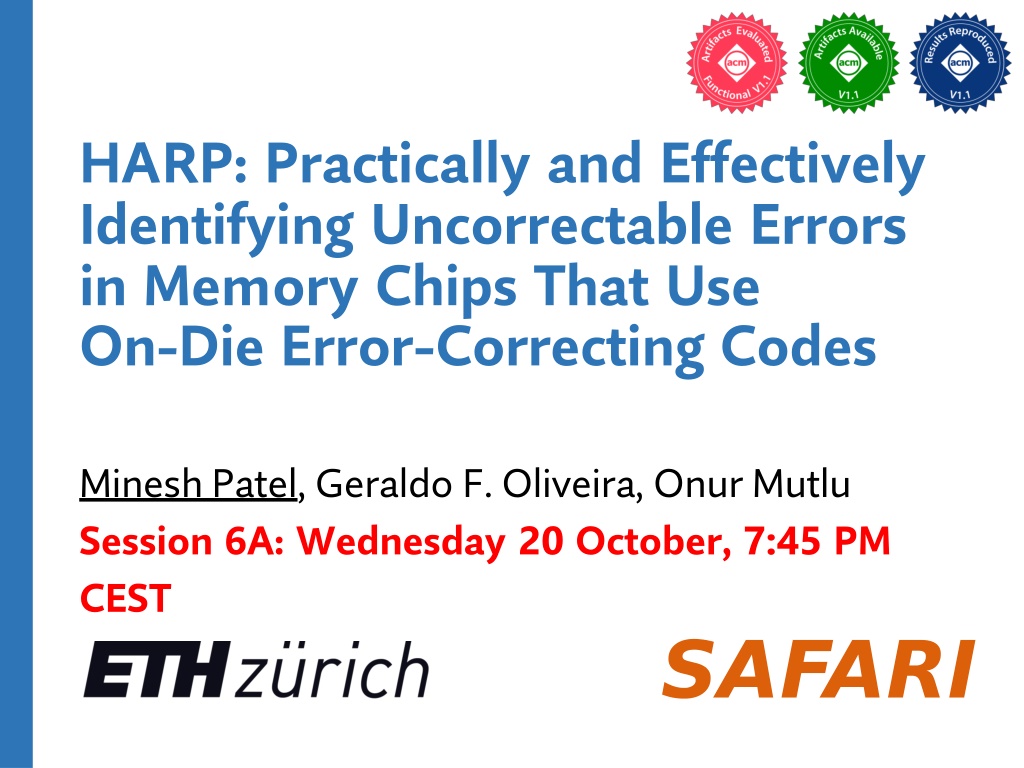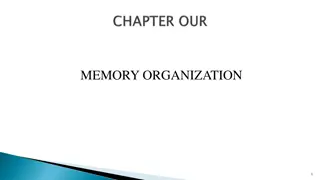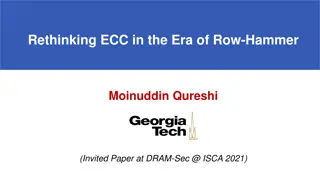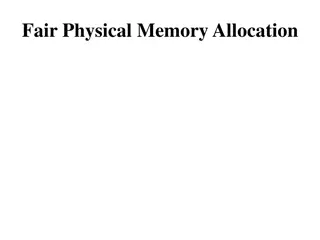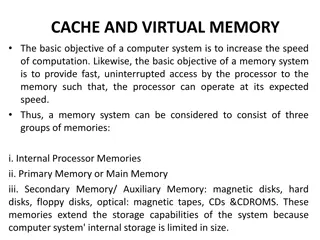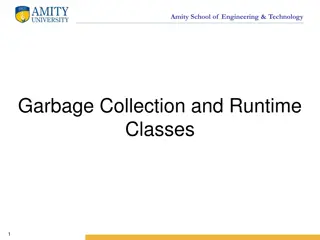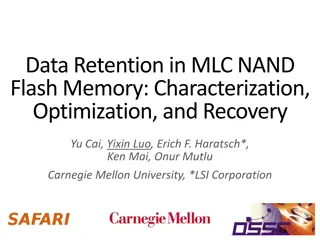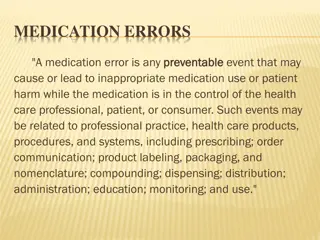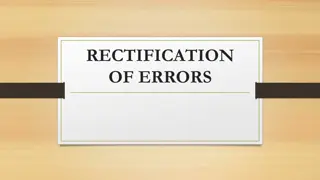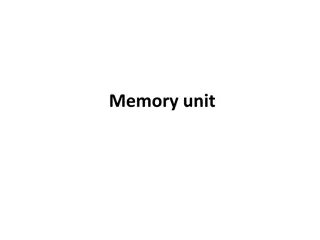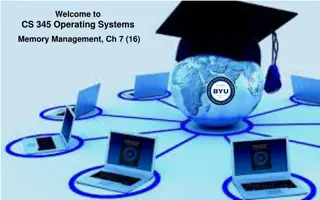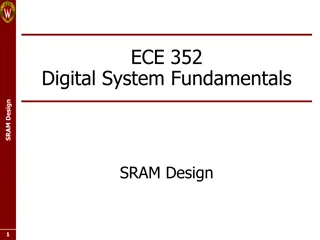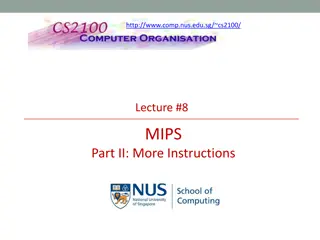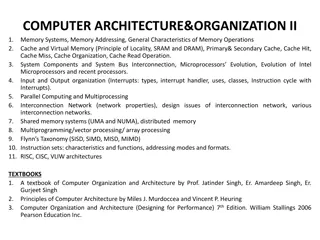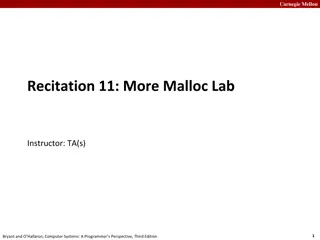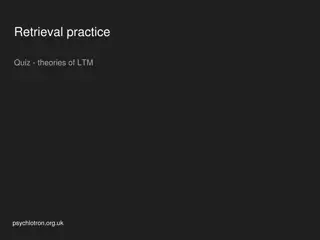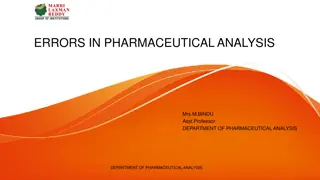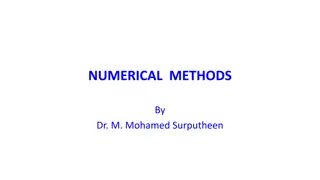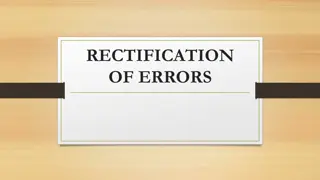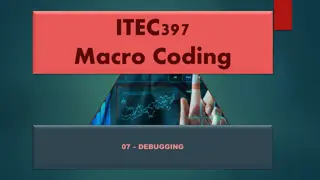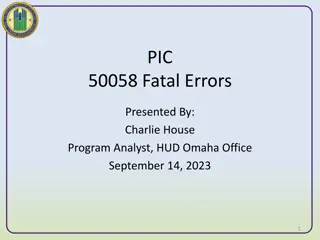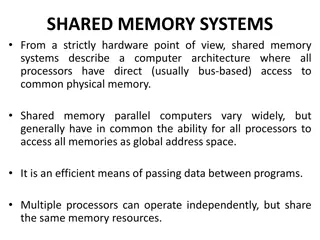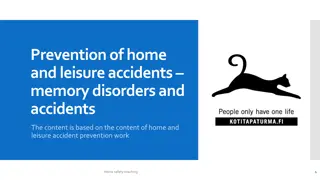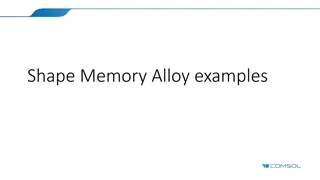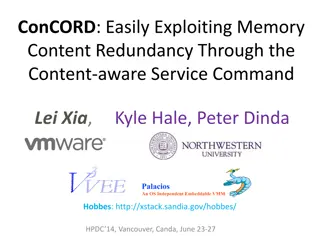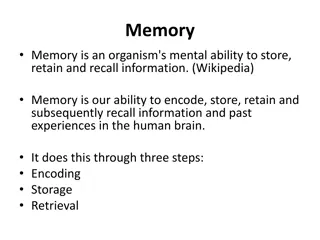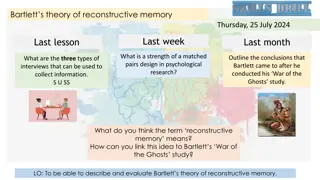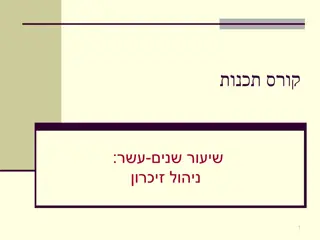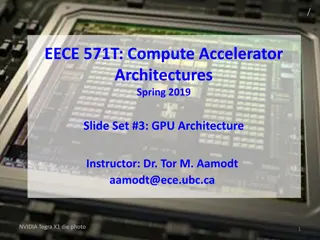Efficient Identification of Memory Chip Errors with On-Die ECC
State-of-the-art memory error mitigations face challenges when dealing with on-die Error-Correcting Codes (ECC). "HARP" introduces a Hybrid Active-Reactive Profiling method to address these challenges by analytically studying the effects of on-die ECC and identifying key issues. Through hybrid profiling, HARP can effectively reduce error identification time and achieve better coverage compared to traditional methods. The open-sourced artifacts provide practical solutions for identifying uncorrectable errors in memory chips.
Download Presentation

Please find below an Image/Link to download the presentation.
The content on the website is provided AS IS for your information and personal use only. It may not be sold, licensed, or shared on other websites without obtaining consent from the author. Download presentation by click this link. If you encounter any issues during the download, it is possible that the publisher has removed the file from their server.
E N D
Presentation Transcript
HARP: Practically and Effectively Identifying Uncorrectable Errors in Memory Chips That Use On-Die Error-Correcting Codes Minesh Patel, Geraldo F. Oliveira, Onur Mutlu Session 6A: Wednesday 20 October, 7:45 PM CEST
HARP Summary Motivation: state-of-the-art memory error mitigations often require the processor to identify which bits are at risk of error (i.e., profiling) Problem: on-die ECC complicates error profiling by altering how errors appear outside of the memory chip Goal: understand and address the challenges on-die ECC introduces Contributions: 1. Analytically study on-die ECC s effects and identify three key challenges i. Exponentially increases the number of at-risk bits ii. Makes individual at-risk bits harder to identify iii. Interferes with commonly-used memory data patterns 2. Hybrid Active-Reactive Profiling (HARP): i. Separately identifies (1) raw bit errors and (2) errors introduced by on-die ECC ii. Effectively reduces profiling with on-die ECC into profiling without on-die ECC Evaluation: demonstrate that HARP overcomes the three challenges HARP identifies all errors faster than two baselines, which sometimes fail to achieve full coverage of at-risk bits Case study showing that HARP identifies all errors faster than the best- performing baseline (e.g., by 3.7x for a raw per-bit error probability of 0.75)
Artifacts are Open-Sourced https://github.com/CMU-SAFARI/HARP 3
HARP: Practically and Effectively Identifying Uncorrectable Errors in Memory Chips That Use On-Die Error-Correcting Codes Minesh Patel, Geraldo F. Oliveira, Onur Mutlu Session 6A: Wednesday 20 October, 7:45 PM CEST
